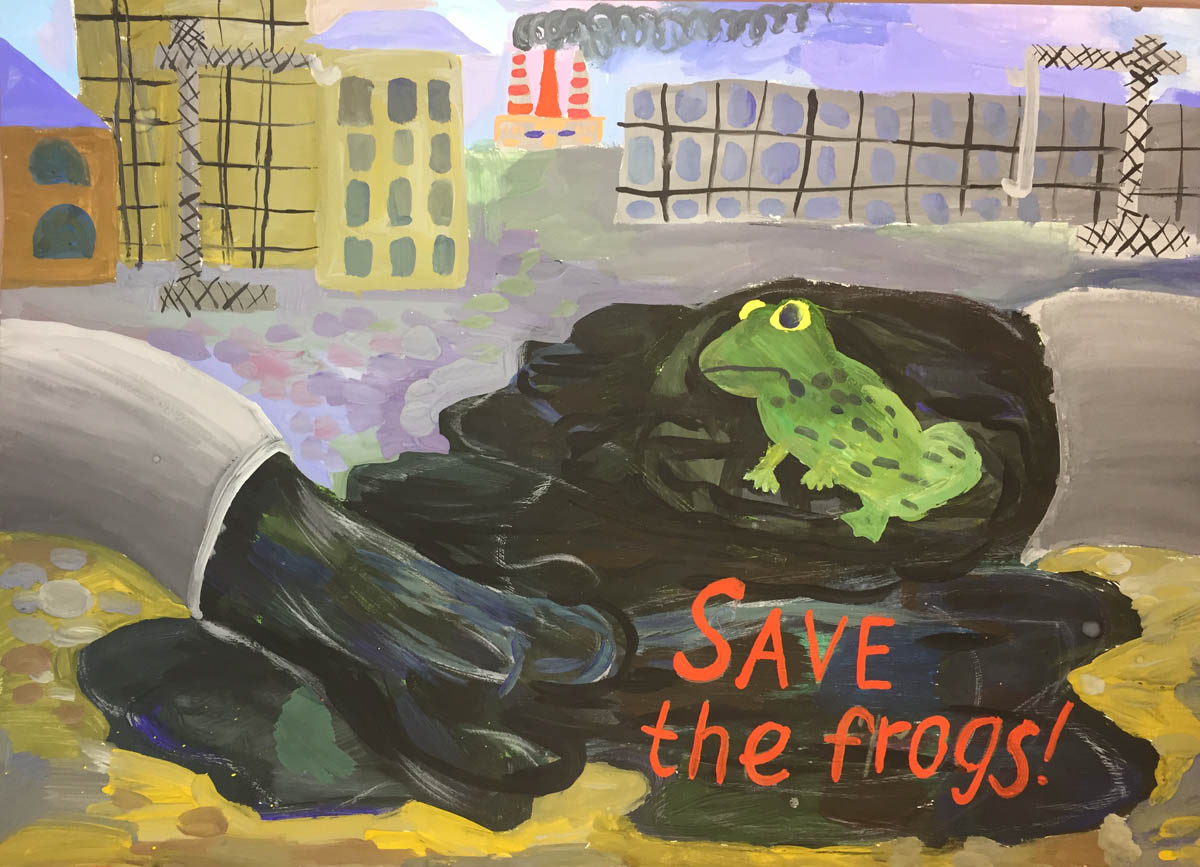The new EPA report, Refined Ecological Risk Assessment for Atrazine, details atrazine’s harmful effects to plant and animal species in the United States. Here is an abstract of the more than 500 pages of report here: This refined assessment presents the ecological risks posed by the use of the herbicide atrazine. Based on the results from hundreds of toxicity studies on the effects of atrazine on plants and animals, over 20 years of surface water monitoring data, and higher tier aquatic exposure models, this risk assessment concludes that aquatic plant communities are impacted in many areas where atrazine use is heaviest, and there is potential chronic risk to fish, amphibians, and aquatic invertebrates in these same locations. In the terrestrial environment, there are risk concerns for mammals, birds, reptiles, plants and plant communities across the country for many of the atrazine uses. EPA levels of concern for chronic risk are exceeded by as much as 22, 198, and 62 times for birds, mammals, and fish, respectively. For aquatic phase amphibians, a weight of evidence analysis concluded there is potential for chronic risks to amphibians based on multiple effects endpoint concentrations compared to measured and predicted surface water concentrations. The breadth of terrestrial plant species and families potentially impacted by atrazine use at current labeled rates, as well as reduced rates of 0.5 and 0.25 lbs. a.i./A, suggest that terrestrial plant biodiversity and communities are likely to be impacted from off-field exposures via runoff and spray drift. Average atrazine concentrations in water at or above 5 μg/L for several weeks are predicted to lead to reproductive effects in fish, while a 60-day average of 3.4 μg/L has a high probability of impacting aquatic plant community primary productivity, structure and function.
In order to protect amphibians and all life impacted by atrazine, please sign this electronic petition to get this harmful pesticide banned in the United States: (Petition Not Currently Active!)



